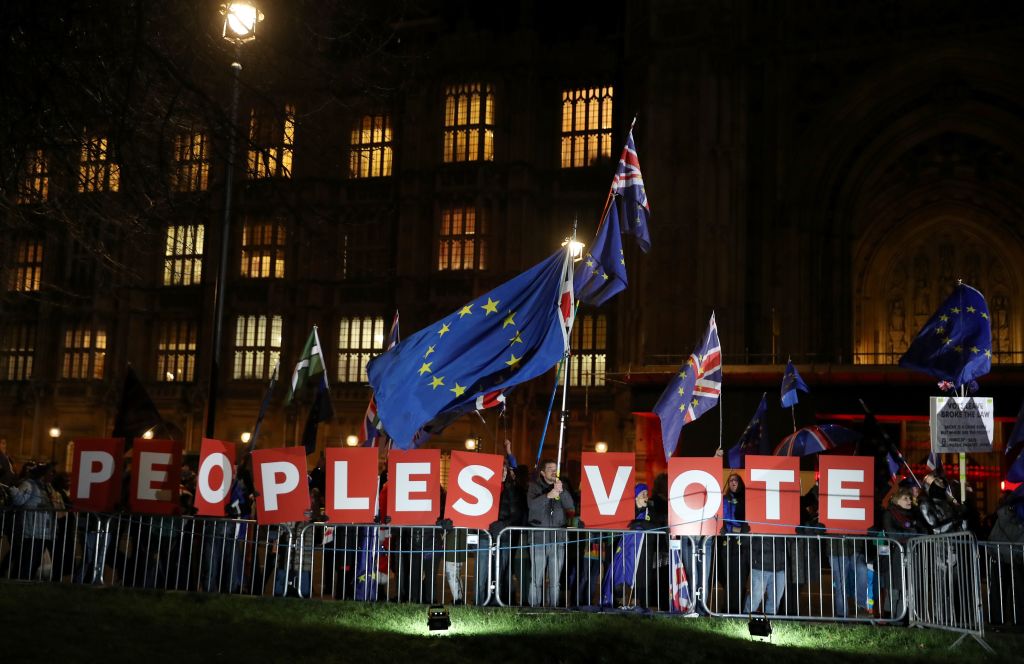A few months ago, the People’s Vote campaign was on the fringe of the national conversation. Today, we are seen by an ever-growing number of MPs as the best – perhaps only – way forward to break out of the current political impasse. As it becomes more likely that the British people will be given the right to have the final say about whether they wish to proceed with a Brexit that can never fulfil the promises made in the referendum of 2016 – or offer terms as good as the deal we’ve already got in the EU – we accept that the media will subject our every statement to increased scrutiny. And, like any campaign, we will make mistakes from time to time. Ross Clark pointed one of these out on Coffee House. In a paper we published earlier this month, ‘Why Norway Plus Won’t Work’, we made a factual error, stating in the executive summary that if were to join the European Free Trade Association (EFTA) we “would send money to the EU but have no influence over how that money is spent.”
This was inaccurate because, as the paper set out clearly later on, EFTA members contribute to a compulsory instrument known as the EEA Financial Mechanism and are responsible for where the money goes. The author of the paper, Jonathan Lis, was not responsible for the executive summary. Far from “doctoring” the report, as was suggested in The Spectator article, the executive summary was added late in the day and did not go through a sufficiently rigorous fact-checking process. This meant the author did not have the chance to see it before it went out. But it was a simple mistake, not an attempt to deceive. And when the error was pointed out, we acknowledged it and have since added a correction to the published paper.
There is a bigger issue at stake here. Our paper on Norway Plus was an attempt to challenge some of the misleading claims being made by its proponents. For example, we have been told that under Norway Plus “we regain control over immigration”, when the truth is that free movement would continue. Similarly, it has been claimed that the UK “would regain legal sovereignty” when, in reality, EEA EFTA members are required to mirror laws passed by the EU or have their market access suspended – and in practice almost always accept those laws. We are determined to be an evidence-based campaign and will continue to contest claims for forms of Brexit that are clearly untrue.
The Coffee House article, however, suggested there is some kind of equivalence between our factual error and the grossly untrue claim made by Vote Leave in 2016 that leaving the EU would enable the UK to spend another £350 million a week on the NHS. The former was only really reported by those seeking to debunk our report and question our motives. The latter was repeated in millions of micro-targeted adverts and was repeated ad nauseam for weeks on end, even long after it had been categorically refuted by the UK Statistics Authority.
Britain may well soon see a new referendum campaign. Everyone should owe it to the public to engage in that debate in a way that upholds the very highest standards of rigour and truthfulness. We would welcome that. And the media, including those writing for The Spectator, need to avoid hyperbole and the suggestion of false equivalence when seeking to attack those with whom it disagrees.
Tom Baldwin is director of communications for the People’s Vote







Comments